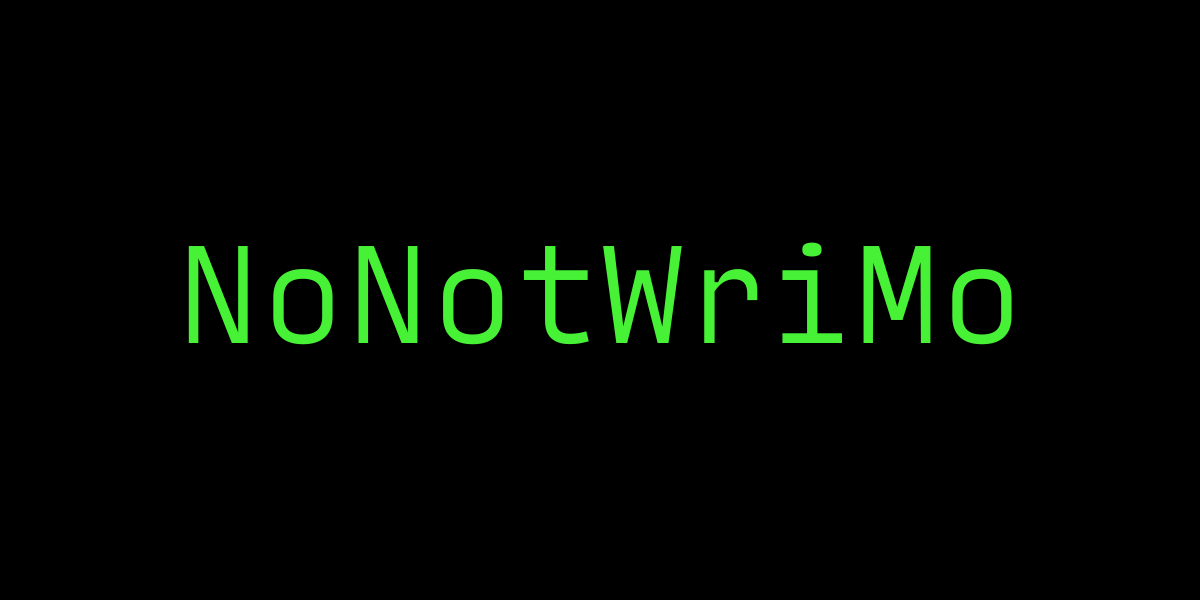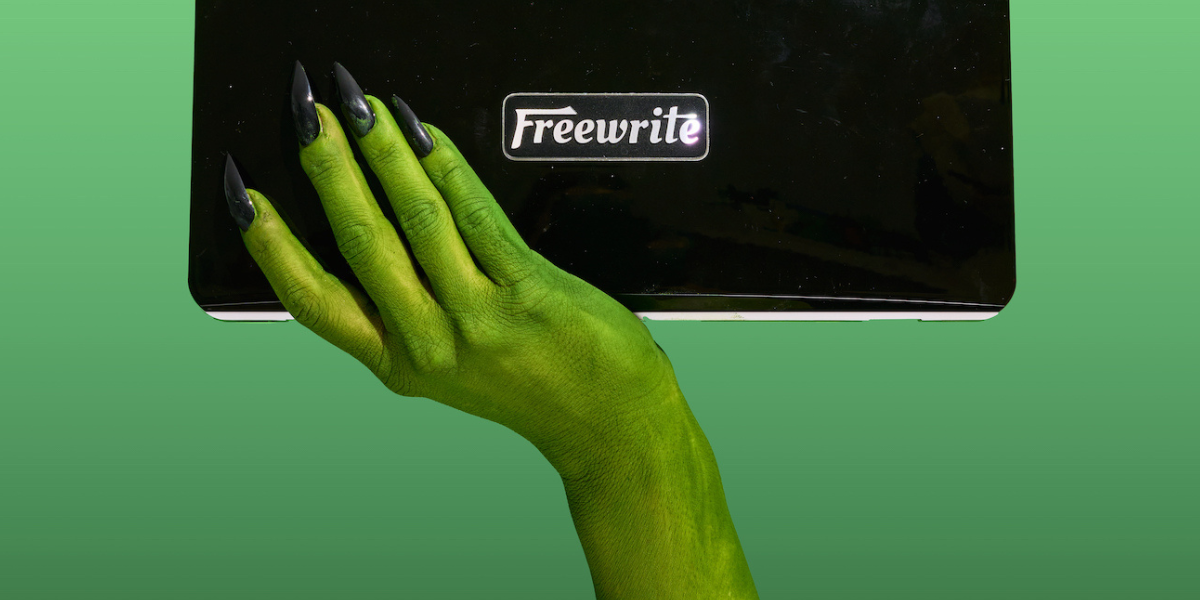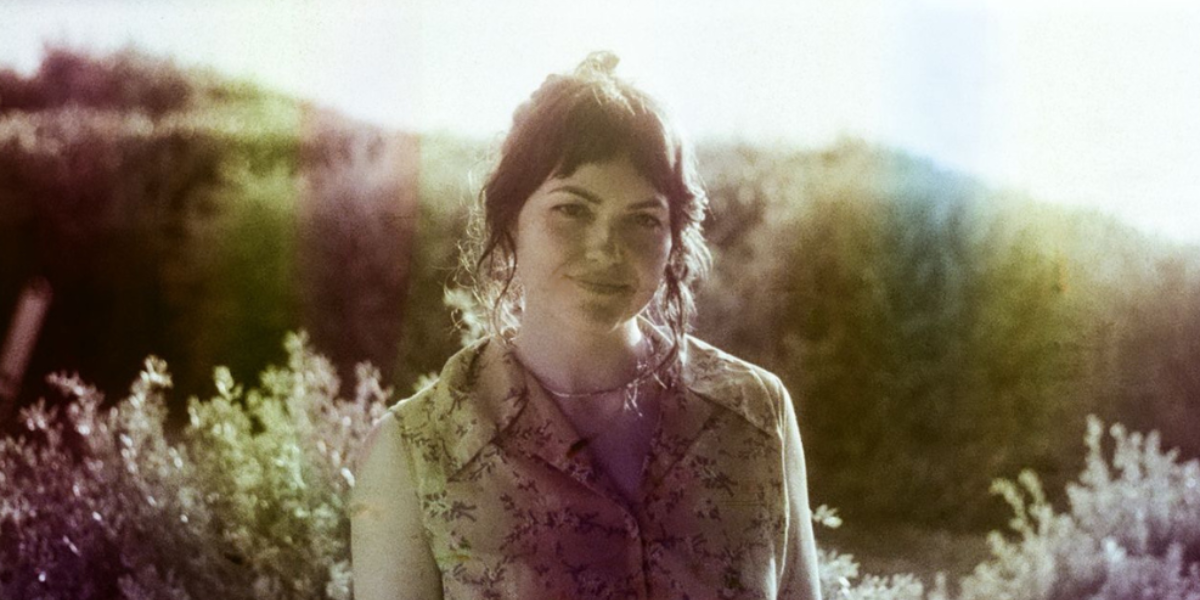
Stories are the building blocks of the human experience. From "once upon a time," to "the end," humans make sense of the world through stories.
Think of your day: Every conversation, every email, every text — even our thoughts — are made up of stories. And the art of turning those stories into something for public consumption is just as old as humanity itself.
From the earliest cave paintings to the latest binge-worthy Netflix series, the art of narrative has always been an integral part of the human experience.
Let's take a look through history to see the profound importance of stories...
The Origins of Storytelling
Long before the written word graced paper or parchment, humans communicated through oral tradition. And this is exactly what World Storytelling Day celebrates today. In the grand tapestry of human history, few threads are as vibrant and enduring as the tradition of oral storytelling. Our ancestors wove tales by firelight, passing down myths, legends, and histories from one generation to the next.
And this tradition spans cultures, continents, and epochs, leaving an indelible mark on the collective imagination of humanity.
The earliest enduring concrete evidence of storytelling can be found in the cave paintings of ancient civilizations, like the Lascaux cave in France, dating back over 17,000 years.

The Role of Storytelling in Ancient Civilizations
As human societies evolved, so did the art of storytelling. In ancient civilizations like Egypt and Greece, stories played a central role in religious, political, and social discourse, and the development of writing systems like cuneiform and hieroglyphics allowed for the dissemination of stories on a larger scale.
Scribes and scholars became the custodians of knowledge, preserving myths, legends, and historical accounts for future generations. Meanwhile, poems like the "Epic of Gilgamesh" and the "Iliad" immortalized heroes and gods.
Storytelling in the Middle Ages & Renaissance
During the Middle Ages, storytelling flourished in the form of epic poetry, troubadour ballads, and medieval romances. Bards traveled from town to town, regaling audiences with tales of chivalry, courtly love, and adventure in a fabulously entertaining form of oral storytelling.
The invention of the printing press in the 15th century revolutionized the way stories were disseminated, making books more accessible to everyone. This led to the proliferation of different literary forms, especially the novel!

Stories in the Modernity
The advancement of technology in the nineteenth and twentieth centuries brought even more change to storytelling. The rise of newspapers, radio, television, and film all transformed the way we tell and consume narratives.
The arrival of the mass-market paperback, video games, the ebook, social media, and smartphones brought even more rapid change. Digital platforms have especially democratized the art of storytelling, allowing anyone with an internet connection to share their narratives with a global audience!
Storytelling Today
Think of all the roles and functions that storytellers play in our society today. Here are just a few examples:
-
Oral Storytellers: Traditional folklorists in many cultures keep this art alive, and professional speakers put a modern spin on captivating an audience.
-
Writers: Writers craft stories through the written word, whether in the form of novels, short stories, poetry, scripts for film or theater, or non-fiction works.
-
Musicians & Songwriters: Music has long been a vehicle for storytelling, creating narrative through lyrics, melody, rhythm, and instruments.
-
Visual Artists: Painters, illustrators, graphic novelists, and other kinds of visual artists tell stories through arresting visual imagery, often communicating stories with symbolism and metaphor.
-
Journalists: Journalists tell stories from the real world through factual reporting, aiming to inform, educate, and advocate for change.
-
Filmmakers: Those who use film to convey narratives weave together many elements, like visuals, dialogue, music, and editing.
-
Performers: Actors, dancers, and other performers bring stories to life through their physicality and stage presence. They use movement, expression, and sometimes dialogue to convey narratives in live performances.
-
Educators: Teachers, professors, and educational specialists utilize storytelling as a tool for instruction and explaining complex ideas.
-
Digital Storytellers: With the rise of technology, storytellers now have access to a wide range of digital tools and platforms for conveying narratives — everything from video games to apps to virtual reality.
--
In an increasingly interconnected world, storytelling remains as essential as ever. It provides a sense of identity, belonging, and meaning in a society often characterized by rapid change and uncertainty.
Most importantly, the act of sharing stories reflects our innate desire to make sense of the world and connect with others on a deeper level.
What does storytelling mean to you? Hop over to Instagram or X to let us know!
























